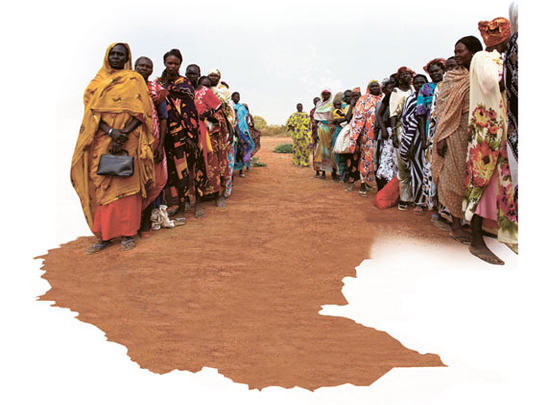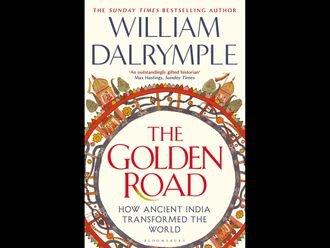
The New Year will be a turning point in the Arab world as its largest country, Sudan, is expected to be split into two states.
The south Sudan referendum, scheduled for January 9, is likely to lead to the separation of that region. It is part of a comprehensive peace agreement, signed in 2005, to end two decades of civil war which led to hundreds of thousands of deaths and the displacement of millions.
So far, the Sudan government, as well as most Arab states have declared that they will accept the will of the people of South Sudan. Hopes that the referendum will affirm the unity of the country have faded away.
However, some reports warn of a violent fallout if the southerners choose to secede. The UN has recently expressed fears that at least 2.8 million people might flee to neighbouring countries in the case of a renewed conflict if the southerners vote for independence.
The southern government has said a new state will ensure good relations with Khartoum taking into account the historic, geographical and tribal relations. But there are pending issues that could eventually lead to conflict, such as the distribution of oil and water resources. A great part of Sudan's oil wealth lies in the south and the disputed region of Abyie. Also, the south has virtual control over the Nile's water flow.
Khartoum is hoping for a miracle that would leave the country together. But unfortunately all signs say the split is almost certain.
Shortly after the peace agreement was signed, the Arab League announced development projects and political initiatives that would make unity ‘attractive' for the southerners. But nothing has materialised. Therefore, we are likely to lose a large part of the Arab world. We all hope the south will choose to remain part of a united Sudan. But the cruel fact is that 2011 will be remembered as the year another Arab country was divided.






